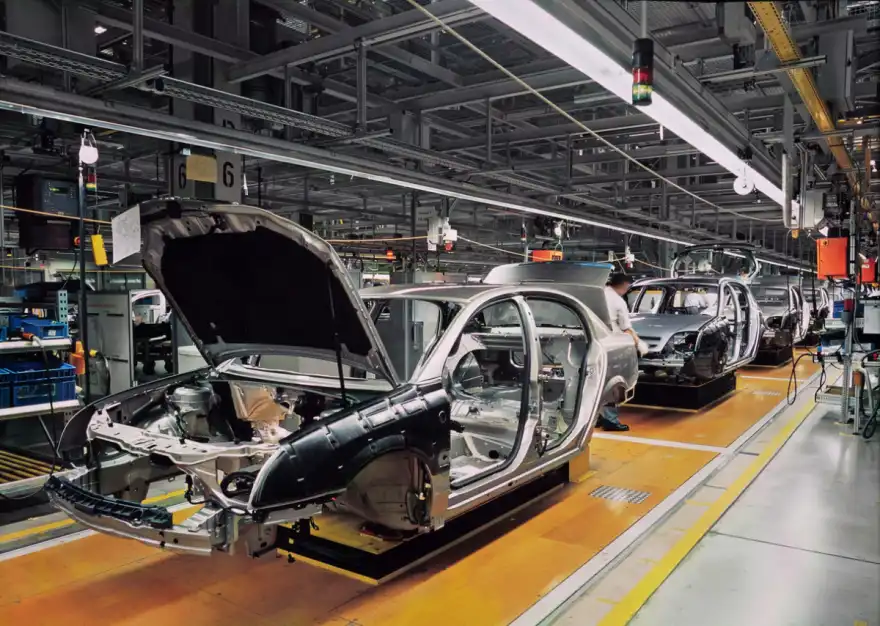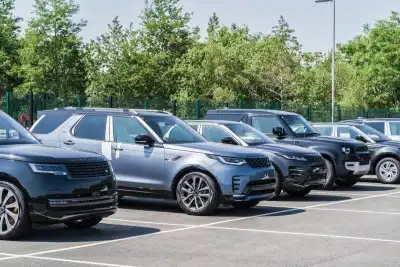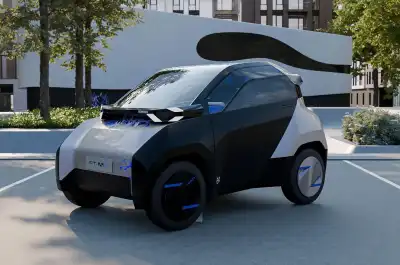
The UK’s car industry had a tough 2024, producing just 780,000 cars—the lowest number since 1954 (excluding the pandemic). The decline comes as manufacturers struggle with weaker global demand and the shift to electric vehicles.
According to the Society of Motor Manufacturers and Traders (SMMT), a major factor was factories pausing to retool for EV production. But it’s not just about the transition to electric cars—overall demand has been slower than expected, and competition from global brands is making it harder for the UK to stay a major player.
Why Is UK car production falling?
One key reason is that some factories, like Vauxhall’s Ellesmere Port, have switched from making cars to vans. Including vans, total UK vehicle production was 905,000 in 2024—still a 12% drop from 2023.
Jaguar Land Rover (JLR) also hit pause on all Jaguar production as it prepares for a full-electric relaunch. Meanwhile, Nissan—still the UK’s biggest car manufacturer—saw output at its Sunderland plant drop by 13%.
There are bigger challenges ahead. If Donald Trump slaps tariffs on UK exports, the industry could take another hit—though luxury car buyers might not mind paying extra.
At home, manufacturers are also pushing for changes to the UK’s zero-emission vehicle (ZEV) mandate, which forces them to sell more EVs each year. The government is reportedly considering loan guarantees to boost electric car sales, but industry leaders say any financial help needs to be “substantial” to make a real difference.
What’s next for UK car manufacturing?
The UK was once aiming to produce 2 million vehicles a year, but that target looks out of reach. Forecasts suggest it’ll take until at least 2028 for car and van production to climb back over 1 million.
With Brexit, factory closures, and economic uncertainty still lingering, Britain’s role as a high-volume car producer is under threat. Whether EVs can turn things around remains to be seen.




